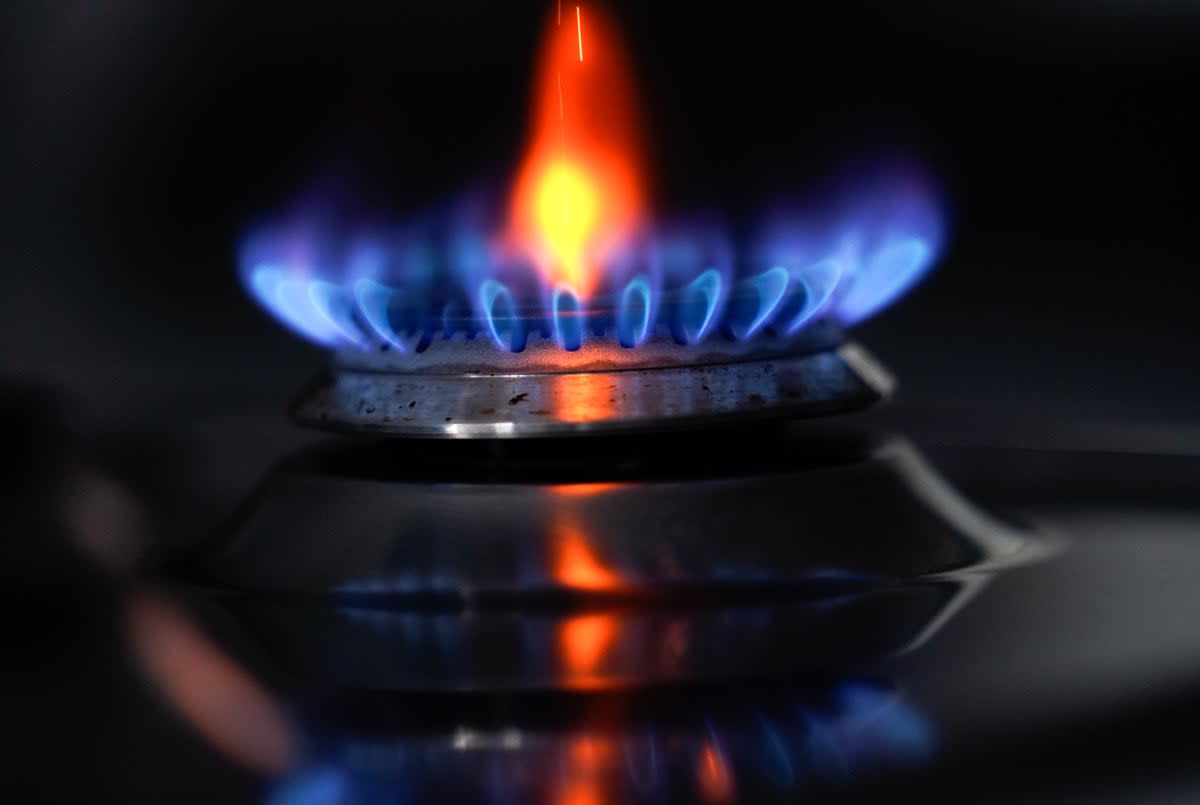Government has room to give households more energy bill support, expert says

One of the experts predicting another £1,000 rise in energy bills this autumn has said the Government has room to provide more support to billpayers.
Craig Lowrey and his colleagues at Cornwall Insight think that based on today’s best data the price cap on bills will hit around £2,980 between October and December.
It would not just be an all-time high, it would also be over £1,000 higher than the previous record.
Previous predictions had set the next price cap at closer to £2,800.
Bills have already soared this year, hitting £1,971 in the April price cap, from £1,277 previously.
The price cap is calculated depending on the average use for a household.
“We’ve had the initial raft of financial support to households in April, with the expectation of a £400 payment coming later in the year,” Dr Lowrey told BBC Breakfast on Tuesday.
“Together those measures will make a dent in the increases that we’re forecasting, but obviously it won’t offset this.
“So there’s clearly the potential for further support to be sought from Government for as long as these high prices continue, so we can’t rule additional measures out.”
Dr Lowrey and his colleagues believe that prices will remain above £2,600 until at least October next year.

Based on the latest data they predict the cap will reach £3,003 in January 2023 before dropping to £2,758 in April and £2,686 in July.
All of these predictions could have been records in their own right.
Speaking on Tuesday Dr Lowrey said that more could be done to ensure that people use less gas and electricity.
“What we’re really looking at in terms of a consumer demand perspective is really looking at fresh measures to improve energy efficiency and to better manage consumption,” he said.
“We’ve seen quite high-profile examples of this in Germany and Australia among others.
“Every unit of energy counts, particularly at times of high prices.
“So I think that demand and consumption side of things is very much important.”
The UK has the worst insulated houses in Europe, meaning that any heat generated to keep British homes warm will quickly leak out.
Experts say that a major insulation push is required for the UK to meet its climate targets, and reduce the amount of expensive gas needed to heat a home.
Better insulation will also make electric heat pumps more effective, helping some homes come off gas entirely.
The price of gas had already been soaring last year as economies reopened following the pandemic.
But the invasion of Ukraine in February has pushed prices even higher than they otherwise likely would have been.
While the UK only gets a small portion of its gas, around 5%, from Russia, other European countries are much more reliant on Russian gas.
Dr Lowrey said: “We’ve already started to see reductions in gas flows from Russia to countries including Germany, Italy, Austria among others and there are concerns that this will continue as we go further into the year.
“Fears over those supply availability issues, that’s really what’s driving a lot of the increases that we’re seeing.”

 Yahoo News
Yahoo News 
